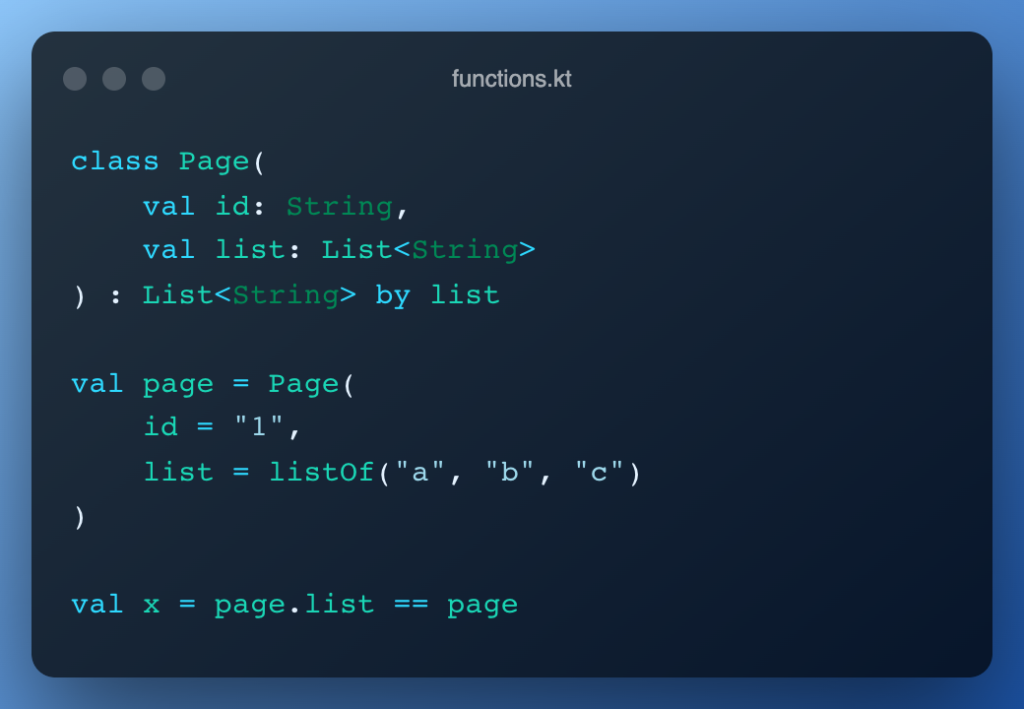Q & A from conferences 2020
In 2020 I had an opportunity to present my thoughts about crucial element of unit testing – test doubles. I discussed various examples of test doubles, ways to implement them and how they fit into specific test cases. Links to the conference talks you can find at the bottom of the article. Every talk had …
